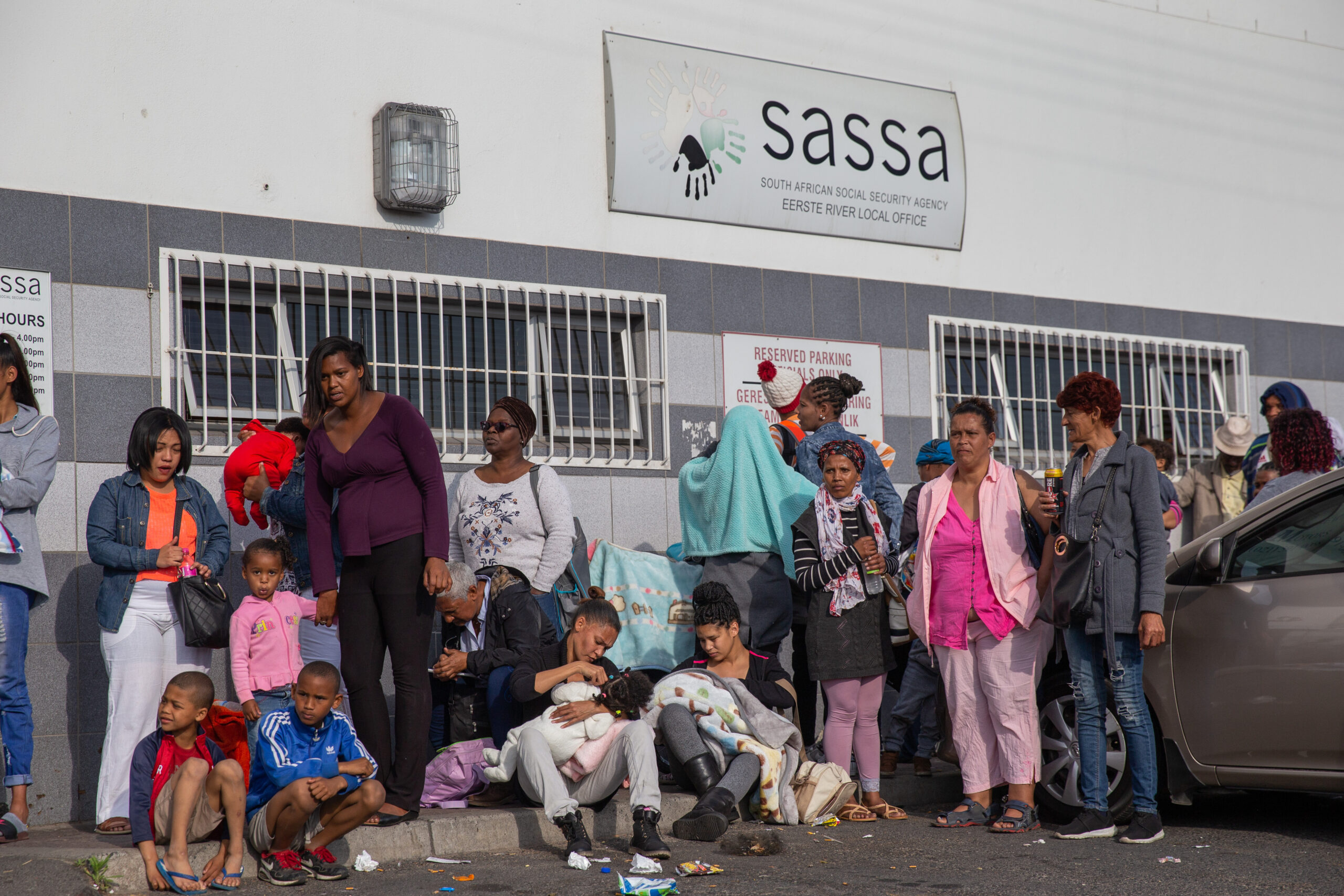
SASSA, the South African Social Security Agency, plays a crucial role in providing social assistance grants to those in need. With the persistent challenges of poverty and inequality in South Africa, experts have been contemplating the implementation of a Universal Basic Income Grant (BIG) as a potential solution. In this article, we will delve into the concept of a Basic Income Grant and its possible impact on poverty reduction in South Africa. Let’s explore the intricacies of this proposed initiative step by step.
Understanding the Basic Income Grant
A Basic Income Grant (BIG) is a form of social security program that provides regular and unconditional cash transfers to eligible individuals or households. Unlike traditional welfare programs, a BIG offers a fixed amount of income to all citizens, regardless of their employment status. The primary objective of a Basic Income Grant is to alleviate poverty, promote social inclusion, and enhance the overall well-being of the population.
Addressing Poverty in South Africa
South Africa has long been grappling with high levels of poverty and income inequality. Many South Africans struggle to meet their basic needs, resulting in widespread economic hardship. The implementation of a Basic Income Grant could potentially offer a lifeline to those in poverty, providing them with a stable income to meet their essential expenses.
The Potential Impact of a Basic Income Grant
Advocates of the Basic Income Grant argue that it has the potential to significantly reduce poverty in South Africa. By providing a regular stream of income to all citizens, regardless of their employment status, a BIG can act as a safety net, enabling individuals and families to meet their basic needs, such as food, shelter, and healthcare.
Moreover, a Basic Income Grant can empower recipients by giving them the freedom to make choices about how to allocate their funds. This economic agency can lead to improved education and skill development, which in turn can contribute to long-term poverty reduction.
The Quarterly Labour Force Survey
According to the Quarterly Labour Force Survey conducted by Statistics South Africa (StatsSA), the country has seen a positive increase in employment in the first quarter of 2023. However, the survey also highlights the vulnerability of the youth in the labor market, with a concerning 4.9 million unemployed individuals between the ages of 15 and 34.
The Role of a Basic Income Grant in Addressing Youth Unemployment
Youth unemployment continues to be a pressing issue in South Africa, posing challenges to economic growth and social stability. Advocates of a Basic Income Grant believe that by providing young people with a guaranteed income, it can alleviate financial pressure and encourage them to pursue education, vocational training, or entrepreneurial ventures. This, in turn, can lead to increased employability and reduced youth unemployment rates.
Evaluating the Feasibility of a Basic Income Grant
While the concept of a Basic Income Grant holds promise, its implementation requires careful consideration of various factors. Policymakers and experts must assess the financial implications, funding mechanisms, and potential economic impacts associated with such a program. Additionally, extensive research and pilot projects should be conducted to evaluate the effectiveness of a Basic Income Grant in the South African context.
Conclusion
The Basic Income Grant has emerged as a potential solution to alleviate poverty and reduce inequality in South Africa. While experts continue to debate its feasibility and impact, the concept offers an alternative approach to social security and poverty reduction. By providing a regular stream of income to all citizens, a Basic Income Grant could empower individuals, promote economic stability, and contribute to a brighter future for the people of South Africa.
Was this helpful?
0 / 0
#SASSA